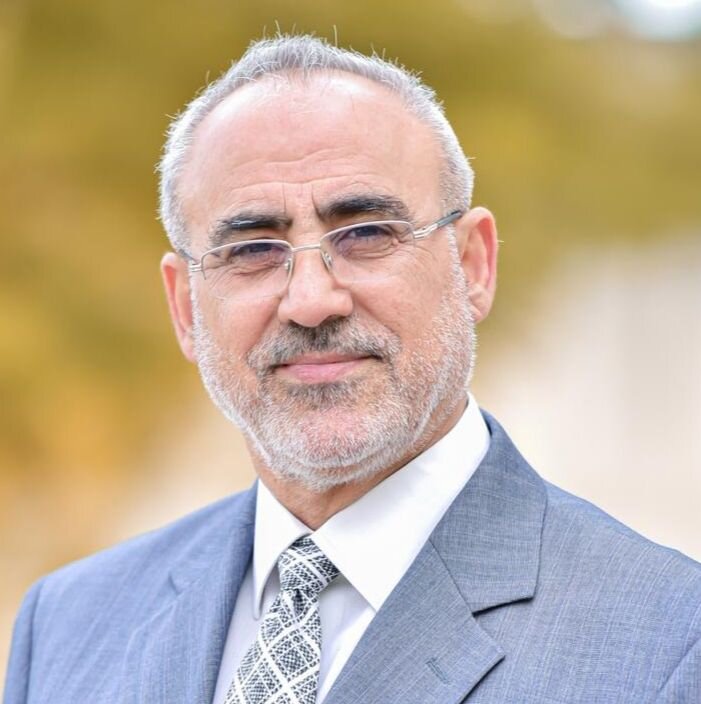Israel Has Become a Real Threat to the Arab World; Calls for Concrete Action

Mehr News Agency, International Desk: As the aftermath of the recent Zionist regime attack on hamas leaders in Doha unfolds, questions about the future of ceasefire talks and Qatar’s role as a trusted mediator are increasing. The September 9 strike, which coincided with the start of the 80th session of the United nations General Assembly, has cast new doubts on Washington’s credibility as a mediator and highlighted vulnerabilities faced by Arab capitals hosting sensitive negotiations.
In an exclusive interview with Tehran Times, Elif Sabbagh, a Palestinian political analyst based in Jerusalem who specializes in israeli strategic policies, discusses Israel’s broader objectives, U.S. complicity, risks to host countries, and possible implications for regional diplomacy while Gaza remains at center stage globally.
The full interview follows:
will Israel’s attack on Hamas leaders in Doha affect mediation efforts and ceasefire negotiations?
Yes. I believe these talks will be affected by this Zionist terrorist operation carried out alongside America in Doha and could be suspended temporarily for days or weeks. Qatar’s Prime Minister has announced that its mediation role is currently “on hold.” Negotiations could later resume along one of two paths: first, Israel and America might attempt to shift talks to Cairo to signal to Qatar that it cannot influence their demands; though, I believe Egypt and Hamas will not permit this under current circumstances.
The second-and preferable-path may result from this U.S.-Israeli attack targeting Palestinian negotiators within an Arab capital considered allied with washington-particularly a Gulf state that has long provided extensive services to Israel.
In such a scenario, America would be sidelined as both mediator and supporter. The United Nations would officially take over via its Secretary-general’s special envoy to manage Israeli-Hamas negotiations. This requires international consensus but primarily depends on Palestinian and Arab willingness backed by majority approval within either UN general Assembly or Security Council. The key question remains: do Arab states dare initiate such moves or fear provoking U.S. anger?
Do you see this attack as signaling a change in Israel’s strategy toward Hamas and resistance movements?
Israel has not altered nor intends to alter its strategy toward Hamas specifically-the target is Palestineness itself. Using all military, political, economic tools along with what can be described as “the American cudgel,” israel aims to erase palestinian identity and existence entirely-to uproot or annihilate Palestinians altogether. Netanyahu and his government openly employ terms synonymous with “eradication,” widespread within Hebrew discourse indicating total victory-which Netanyahu declared as his goal for this genocidal war.
How has the international community-especially Arab nations and America-reacted to this attack?
The U.S tried separating itself from this terror operation but ultimately failed when facts emerged publicly-it could not mask involvement under Trump’s administration claims (who initially said he was involved sence planes were airborne after notifying Qatari leadership). Though later proven false historically speaking-as Netanyahu also failed clearing Trump from responsibility; white House officials likewise refrained from exoneration-the credibility of America as an honest broker had already been weak before now shattered entirely; it no longer holds any mediating position but is viewed instead explicitly as an aggressor partner against Palestinians.
Europe largely confined itself to condemnation without further action awaiting tangible steps from Arabs-not mere words-but I suspect Washington will still attempt controlling Ramallah’s requests allowing Palestine’s delegation at UNGA meetings held annually in New York-to maintain its facade representing official negotiation support at least rhetorically.
What impact will the attack have on Qatar’s status as a regional political actor?
The role of Qatar-as both regional mediator and international player-is set back significantly given it assisted American agendas repeatedly across Middle East strategies over decades. It sought to bolster its standing through mediation facilitation between Israel & Hamas at America’s request-including gathering Hamas leaders in Doha initially planned for hotel meetings but shifted upon U.S demand into private venues afterward targeted by airstrikes there.This may prompt Hamas leaders seeking relocation potentially instead choosing Turkey due security concerns inside Qatar-a clear loss harming Qatari influence moving forward.
Will such attacks drive regional unity or deepen existing divisions and tensions?
This terrorist act should have represented a turning point calling Gulf States and other Arab countries to take decisive steps preserving sovereignty and security . However they continue widely dependent economically militarily politically on the United States .
Israeli regime is acutely aware of this relationship table-between dependency c lientelism rather than alliance .The US does not consider these regimes allies or partners but submissive actors to side with its will .This dynamic permits Israel to disrespect
rulers
with impunity undermining jurisdiction Examples include Netanyahu declaring his intent to pursue Hamas leaders irrespective of national sovereignties ; Tom Barrack asserting disregard for Sykes-Picot borders ; Dani Danon at un conveying some Arabic Leaders hate Hamas yet privately respect Israelis becuase hostility transcends conventional relations
Such realities encourage further violent strikes like bombing Doha reinforcing humiliation suffered by sluggish Gulf rulers.Consequently I do not anticipate practical measures from Arabs against neither Israeli ministry nor US except verbal statements eventually verbally appealing UN GeneralAssembly
What roles might international organizations play responding Do operations ?
Arabs can mobilize global public opinion advantageously exert pressure On US and Israeli authorities.But realization
depends fundamentally determination hippocrites amongGulf states’ governance particularly vulnerable targets exposed
by increasing threats previously unimaginable



